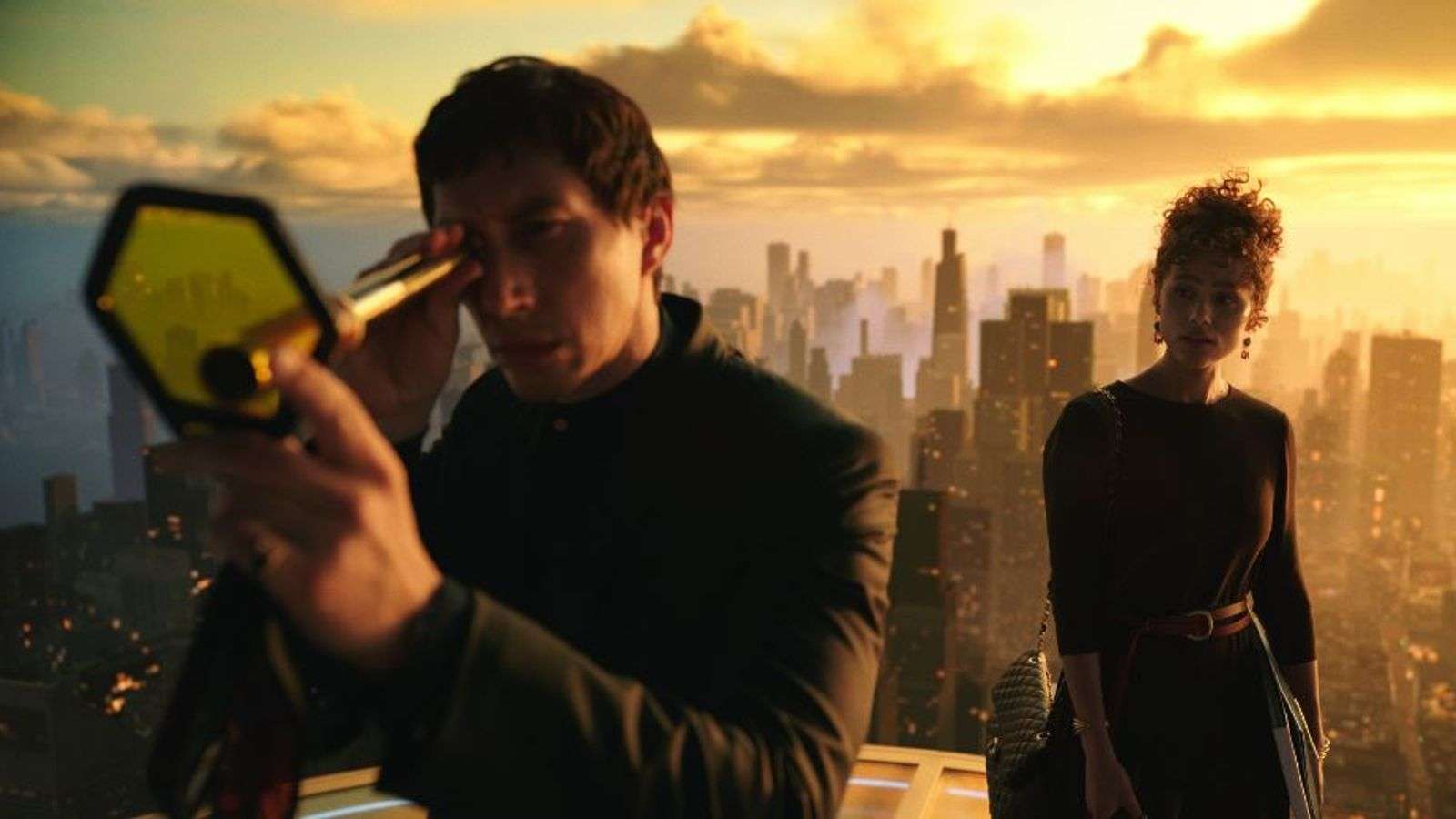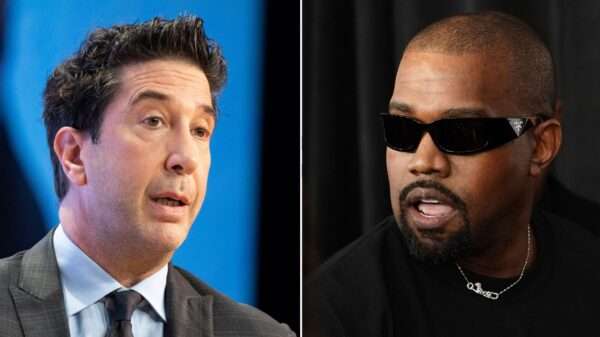In a surprising twist that has caught the attention of film enthusiasts and critics alike, Lionsgate has found itself embroiled in a controversy involving the trailer for the upcoming film “Megalopolis.” The studio’s approach to promoting the movie has raised eyebrows after it was revealed that several of the quotes attributed to critics were fabricated. This unusual and ethically dubious marketing tactic involves using fake endorsements pulled from reviews of earlier Francis Ford Coppola films, which are then presented as glowing feedback for “Megalopolis.”
The issue came to light when vigilant observers and film reviewers began to notice discrepancies between the purported quotes and the actual reviews from which they were supposedly derived. The quotes in question, attributed to prominent film critics and publications, were found to be misleading or entirely fictitious, raising serious concerns about the integrity of the promotional campaign. Rather than relying on genuine praise, Lionsgate seemed to have manufactured a series of positive endorsements, drawing on the legacy of Coppola’s earlier work to lend undue credibility to their latest project.
This revelation is particularly striking given the rarity of studios openly celebrating unfavorable reviews. Typically, marketing efforts for films strive to highlight positive responses while downplaying or ignoring negative ones. Lionsgate’s strategy of using false reviews diverges sharply from this norm, suggesting a desperate or misguided attempt to bolster the film’s appeal through deception. The use of fake quotes not only undermines the authenticity of the marketing campaign but also raises broader questions about the ethics of film promotion.
For many, this incident underscores a troubling trend in the industry where the line between genuine critical feedback and strategic manipulation becomes increasingly blurred. While it’s not uncommon for studios to engage in creative marketing, the blatant fabrication of reviews crosses a line that could erode trust between audiences, critics, and film studios. The controversy surrounding “Megalopolis” serves as a stark reminder of the importance of transparency and honesty in how films are presented to the public.
As the release of “Megalopolis” approaches, the fallout from this marketing debacle is likely to impact both the film’s reception and the broader industry’s practices. Audiences and critics alike will be watching closely to see how Lionsgate addresses the situation and whether this scandal influences future promotional strategies. In the meantime, the discussion around this issue highlights the need for greater accountability and integrity in film marketing, ensuring that the focus remains on genuine quality rather than misleading embellishments.









































